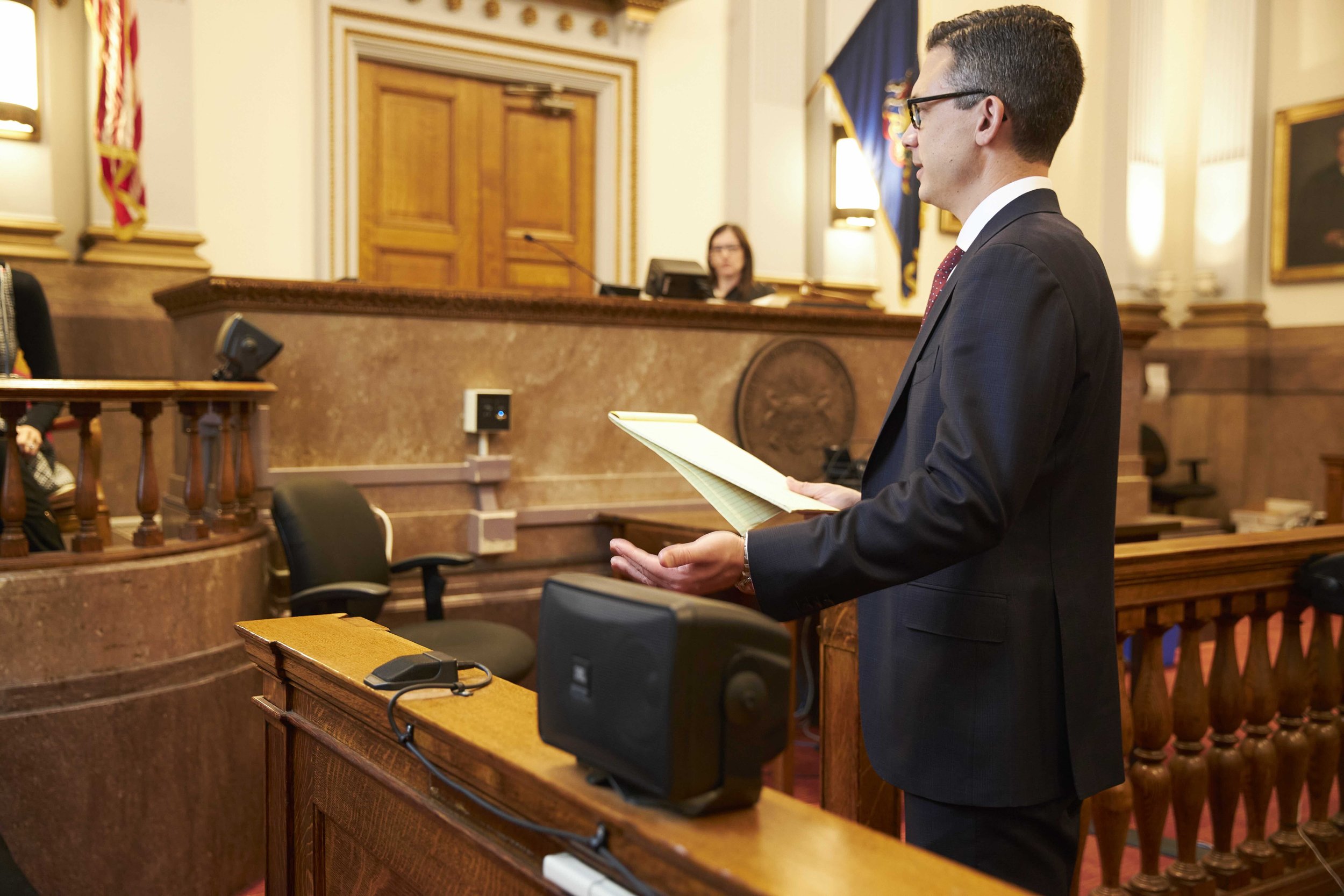Why Choose Federal Appeal Lawyers: Proven Techniques for Effective Appeals
Why Choose Federal Appeal Lawyers: Proven Techniques for Effective Appeals
Blog Article
Debunking the Refine of Federal Appeals: What You Required to Know
Browsing the detailed world of federal charms can typically seem like passing through uncharted waters for those unknown with the procedure. Comprehending the nuances of appellate court territory, the complexities of submitting a notice of appeal, presenting a compelling short, and making a persuasive dental debate are essential elements that can dramatically impact the outcome of an instance. By untangling the layers of intricacy bordering government appeals, individuals can acquire a clearer understanding into the systems that regulate this critical point of the legal system.
Understanding Federal Appeals Process
Exploring the elaborate world of the government charms procedure unveils a organized and methodical journey through the judicial system - federal firearm appeals. Federal allures act as an essential system for examining choices made by reduced courts. Understanding this procedure is crucial for any individual included in lawful proceedings at the federal level
The procedure commonly starts with a party dissatisfied with a reduced court's ruling submitting a notification of appeal. This activates an evaluation by a greater court, where a panel of courts analyzes the lawful arguments offered by both parties. Briefs describing the legal thinking behind each party's setting are submitted, and dental arguments might be heard to make clear intricate concerns.
The appellate court's choice is based on an extensive exam of the reduced court's proceedings and the disagreements offered. The judges do not concentrate but review facts on whether lawful mistakes took place that affected the reduced court's decision. Once the appellate court gets to a decision, it can attest, reverse, remand, or change the lower court's judgment, supplying clearness and finality to the lawful conflict. Recognizing this procedure is important for navigating the complexities of government appeals efficiently.
Appellate Court Jurisdiction Discussed

Appellate courts have jurisdiction over particular types of cases, typically those involving lawful errors, procedural issues, or questions of legislation as opposed to factual disputes. The jurisdiction of appellate courts is usually described in laws and legislations that control the court system. Recognizing appellate court territory is vital for parties associated with the charms procedure as it determines whether a case is qualified for evaluation and the extent to which the appellate court can interfere in the reduced court's choice.
Filing a Notice of Charm
The first step in commencing the government appeals procedure includes submitting a Notification of Appeal with the suitable appellate court. federal crime appeal lawyers in rhode island. This vital file officially notifies the court and the various other events associated with the case that the appealing celebration intends to seek an evaluation of the lower court's choice. Submitting a Notice of Appeal is a rigorous step-by-step requirement that establishes the appellate process moving
When preparing the Notice of Charm, it is vital to make sure conformity with the specific policies and standards of the pertinent appellate court. The file should commonly consist of info such as the situation name, the lower court's name, the day of the judgment being appealed, and a concise statement indicating the grounds for the charm.
Timeliness is important when submitting a Notification of Charm. Missing out on the due date for submitting this document can cause the appeal being disregarded, underscoring the value of accurate and punctual initiation of the appeals process. It is suggested to look for legal advice to browse the why not check here intricacies of filing a Notice of Allure efficiently.
Rundown and Dental Disagreement
In the appellate process, presenting created briefs and taking part in dental arguments play crucial roles in advocating for the appealing celebration's setting prior to the appellate court. Briefs are detailed legal documents that detail the celebrations' debates, lawful authorities, and evaluation supporting their placements. These created submissions supply the court with a thorough understanding of the facts of the situation, the pertinent regulation, and why the appealing celebration thinks the reduced court's choice ought to be rescinded.
Following the submission and evaluation of the briefs, oral disagreements supply the celebrations an opportunity to further clarify their positions, address any kind of concerns the appellate judges may have, and highlight bottom lines from their composed briefs. Oral disagreements are a chance for the attorneys to encourage the courts through spoken campaigning for and feedbacks to questions from the bench.

Getting the Appellate Court Decision

Conclusion
Recognizing the appellate court jurisdiction, filing a notice of charm, preparing briefs, and presenting dental disagreements are all important components of this process. Eventually, obtaining the appellate court decision can offer clearness and resolution to legal disagreements.
As we progress from recognizing the federal charms process to dissecting the intricacies of appellate court territory, an essential facet comes to light regarding the authority and limitations of these greater courts in the legal landscape. Appellate court jurisdiction refers to the scope of instances that a certain appellate court has the power to assess and decide upon. Unlike test courts that listen to situations for the very first time, appellate courts are restricted to evaluating choices made by lower courts. Understanding appellate court jurisdiction is crucial for celebrations involved in the allures procedure as it establishes whether a situation is qualified for testimonial and the extent to which the appellate court can intervene in the lower court's decision.
Whether the appellate court affirms, reverses, or remands the lower court's choice, understanding the effects of the ruling is crucial for all celebrations involved in the appellate procedure.
Report this page